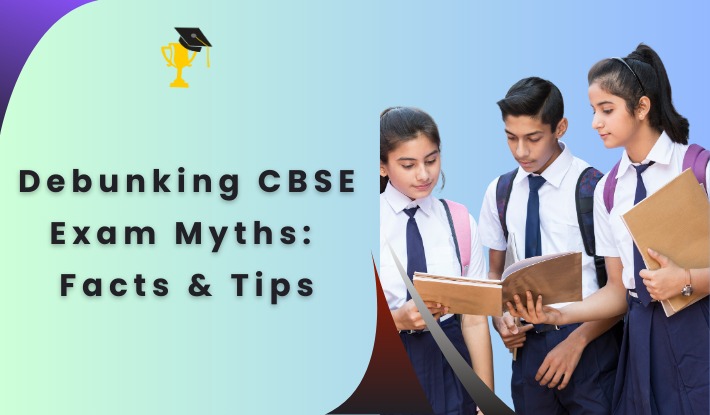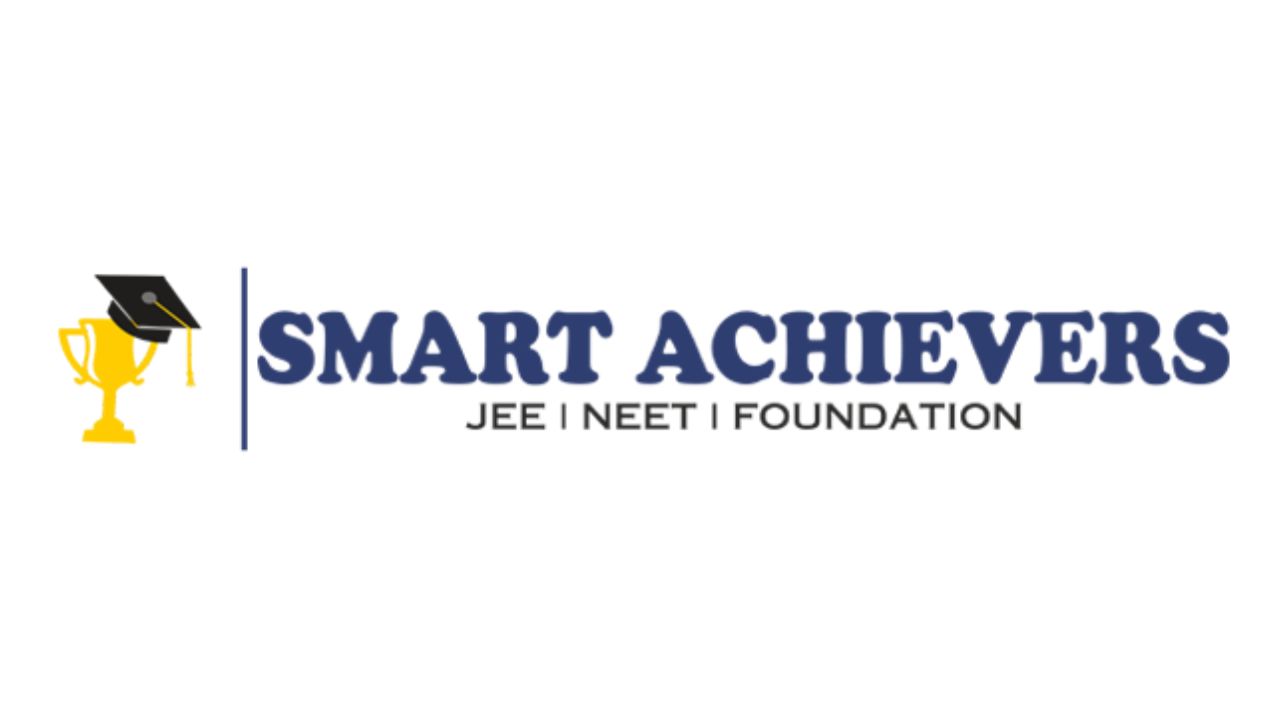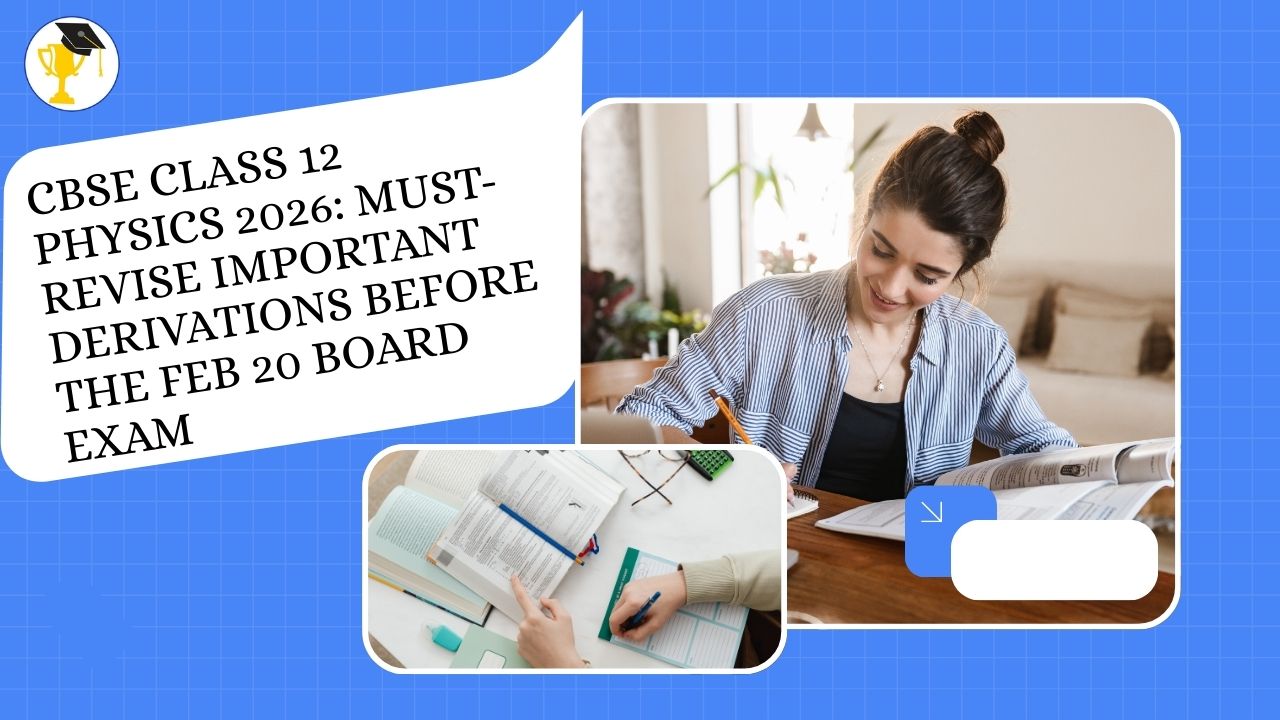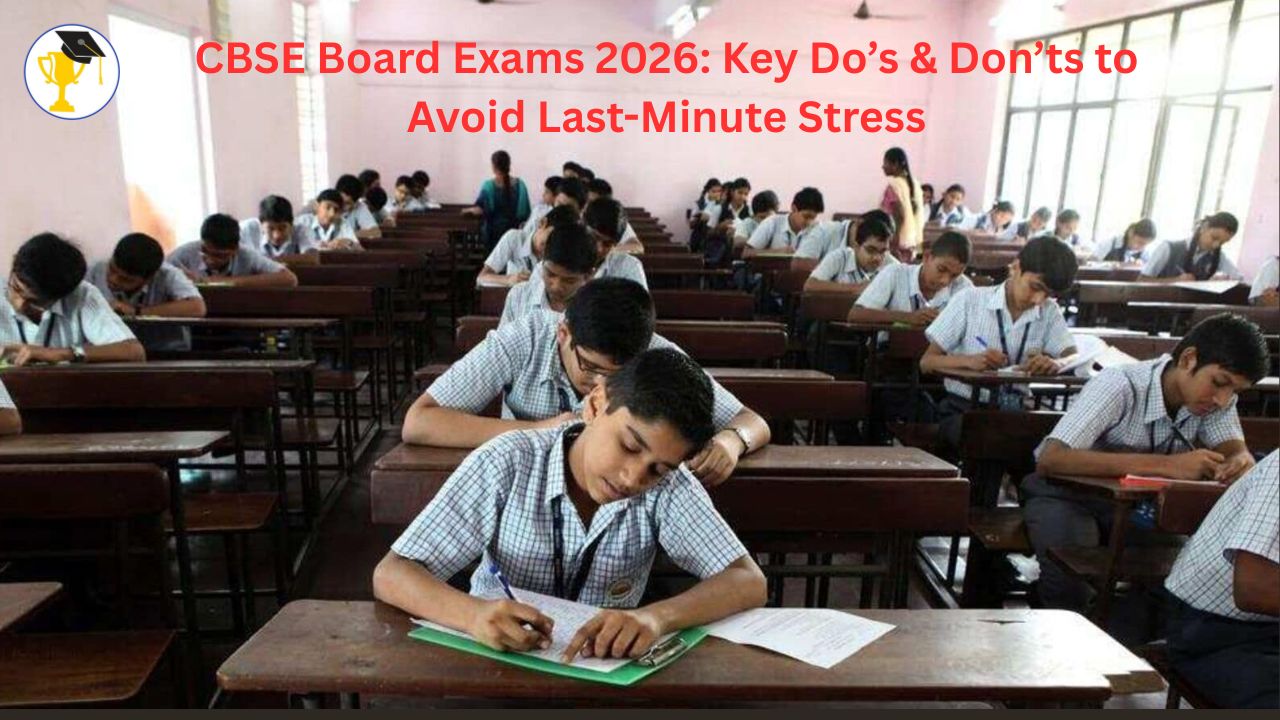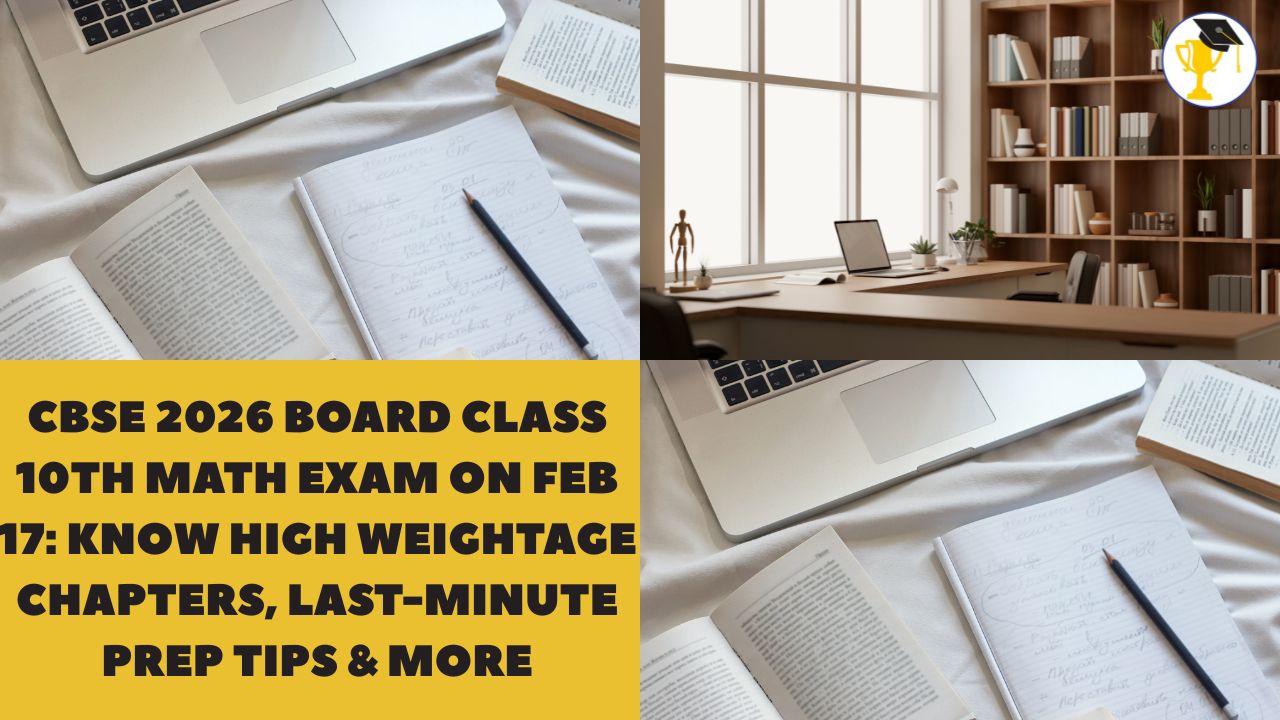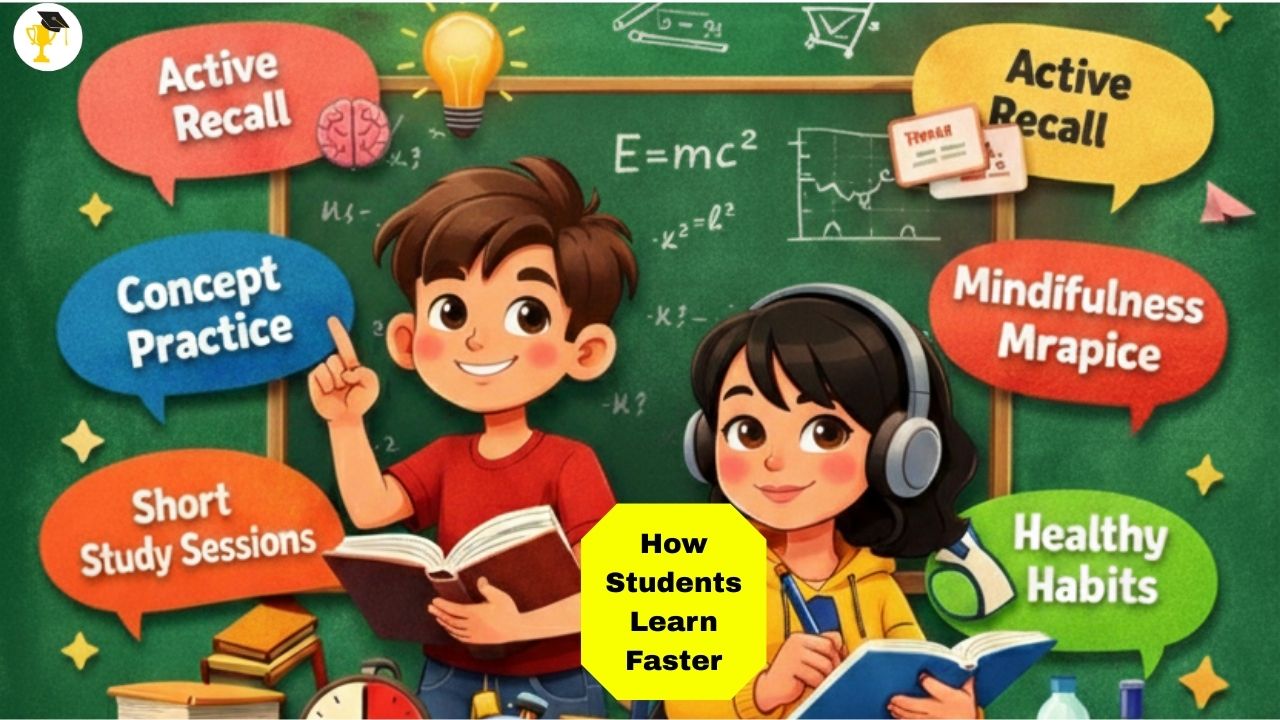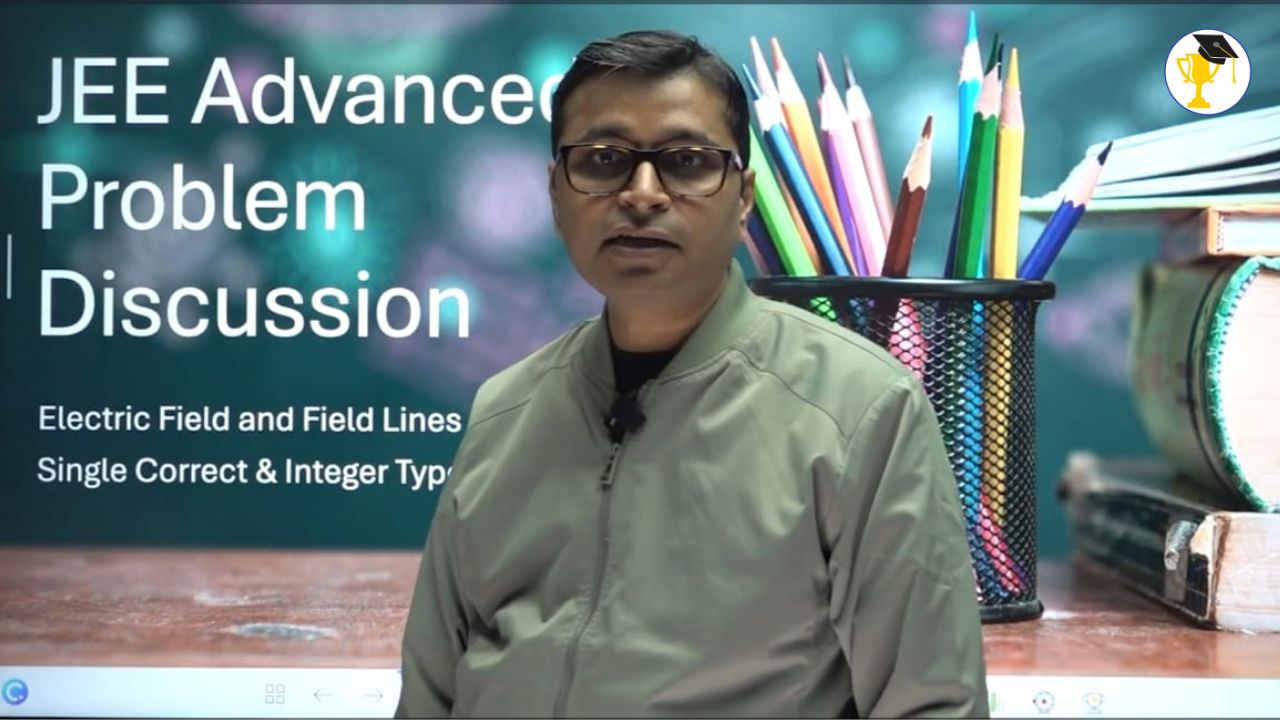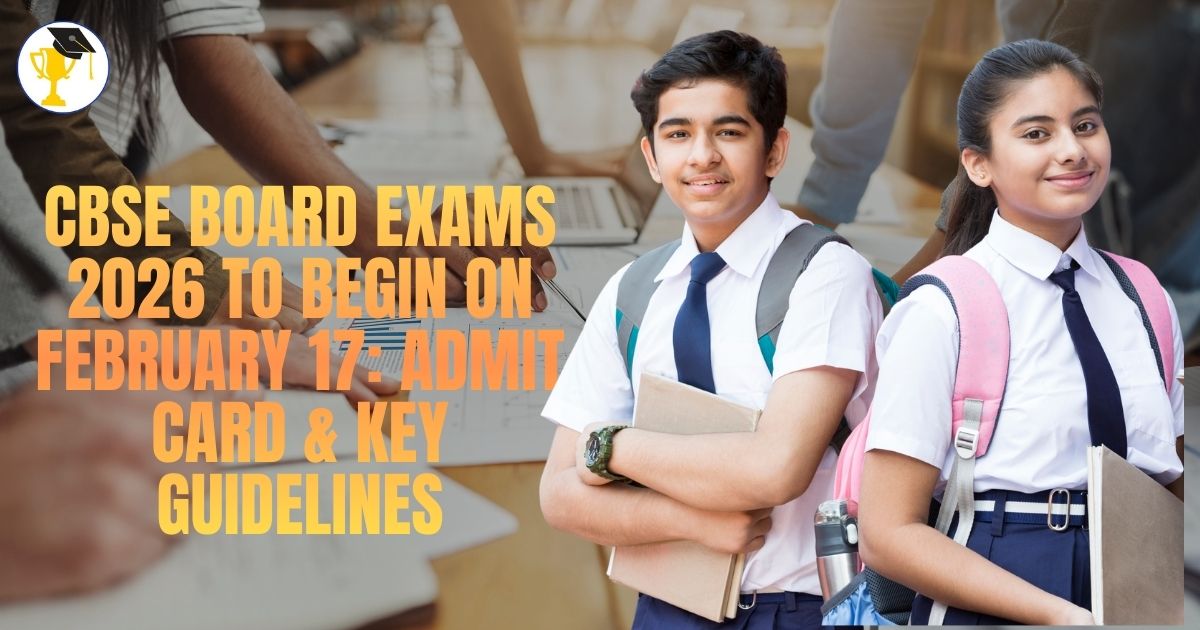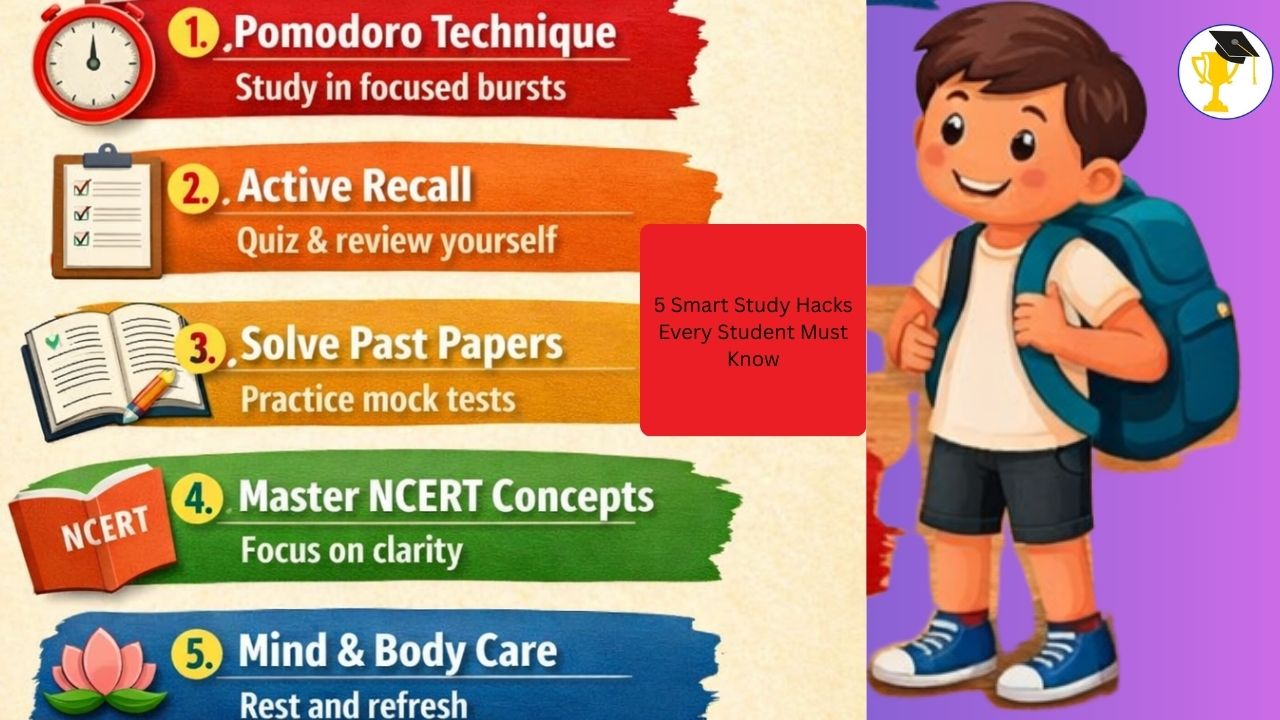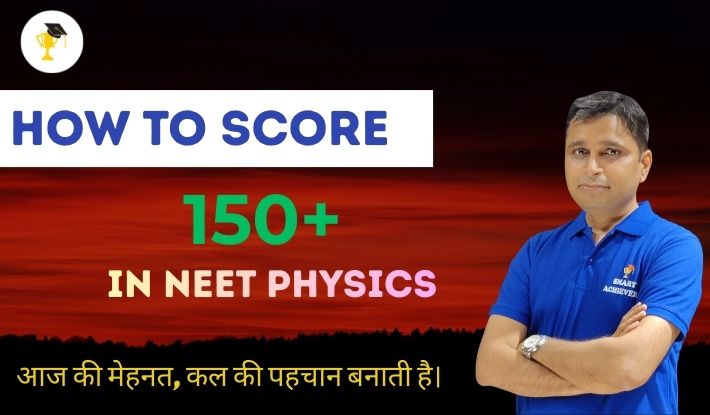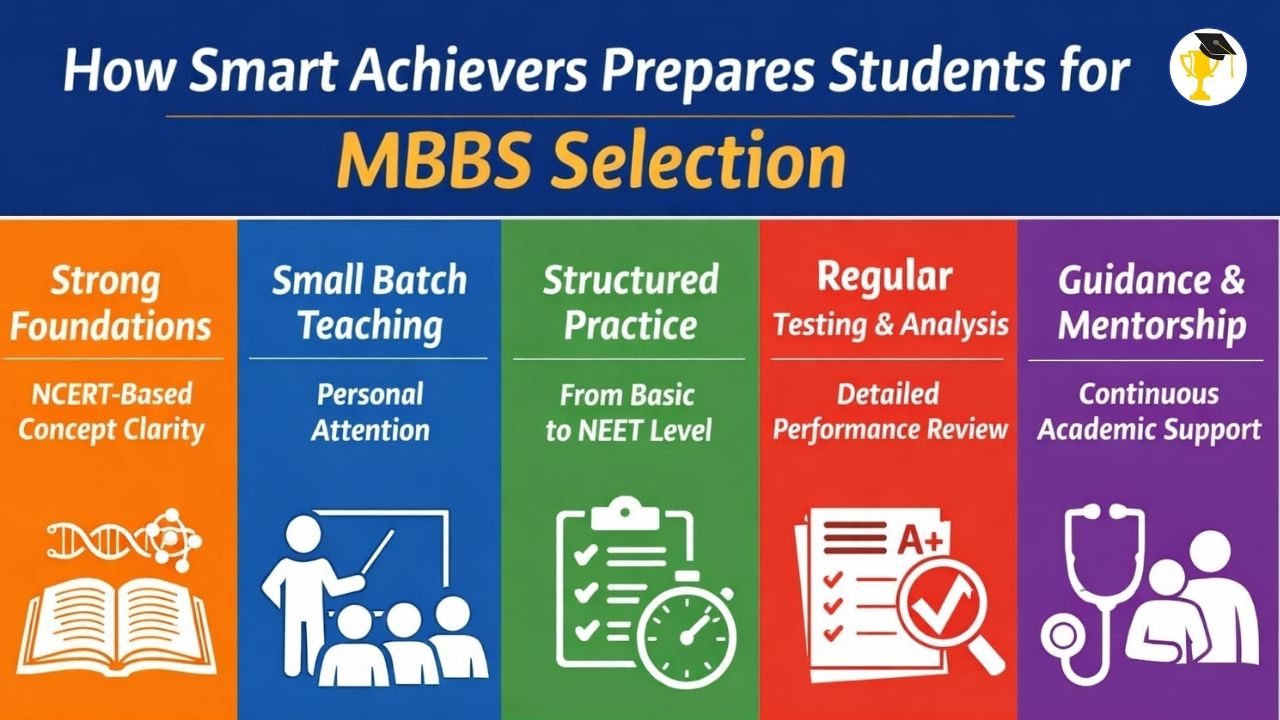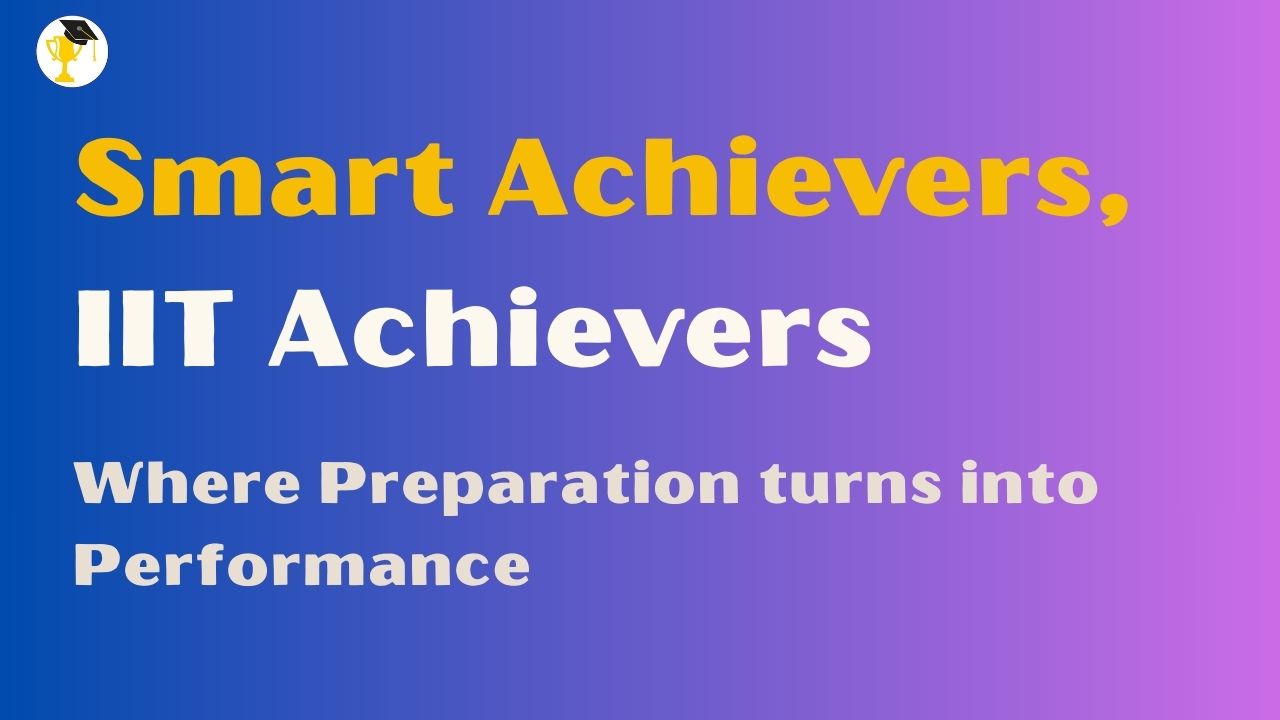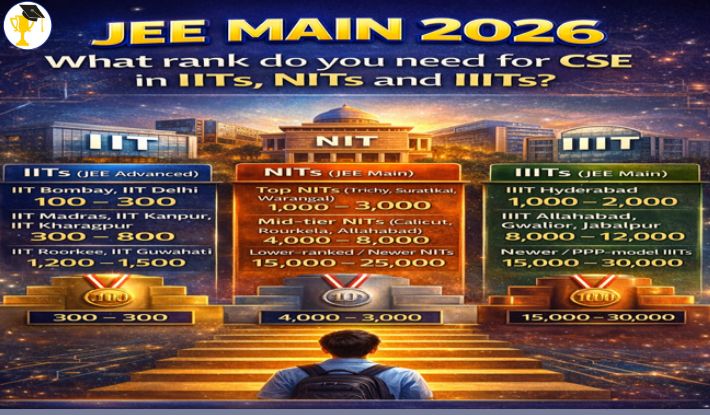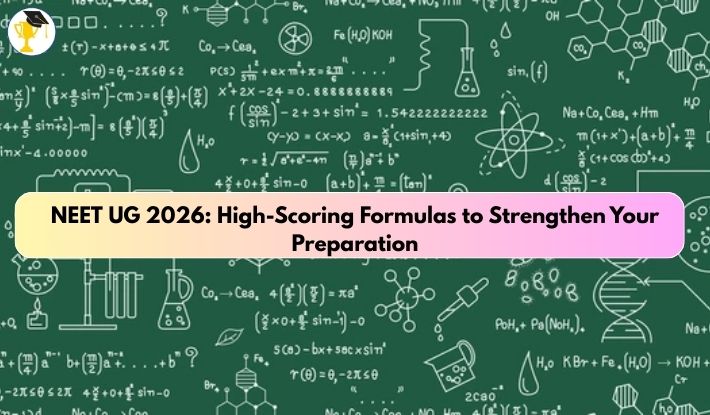Top Myths About CBSE Board Exams Debunked: Facts and Strategies for Success
The CBSE board exams often carry a cloud of myths and misconceptions that can distract students from effective preparation. To help you focus and approach your studies confidently, let’s debunk the most common myths about CBSE board exams and share tips for achieving success.
Myth 1: CBSE Board Exams Are Too Difficult to Pass
Truth:
CBSE exams are designed to evaluate students’ understanding of concepts, not to make them fail. A well-structured preparation strategy can make passing—and even excelling—entirely achievable.
Tips to Prepare for CBSE Board Exams:
Prioritize NCERT textbooks, as they form the basis of the question papers.
Solve previous years’ question papers to understand the exam pattern.
Revise key topics regularly to strengthen your foundation.
Don’t hesitate to seek guidance from teachers for challenging topics.
Myth 2: You Need to Study 12-14 Hours a Day to Score Well
Truth:
The quality of your study sessions matters more than the number of hours. Focused, efficient study sessions yield better results than prolonged, unfocused ones.
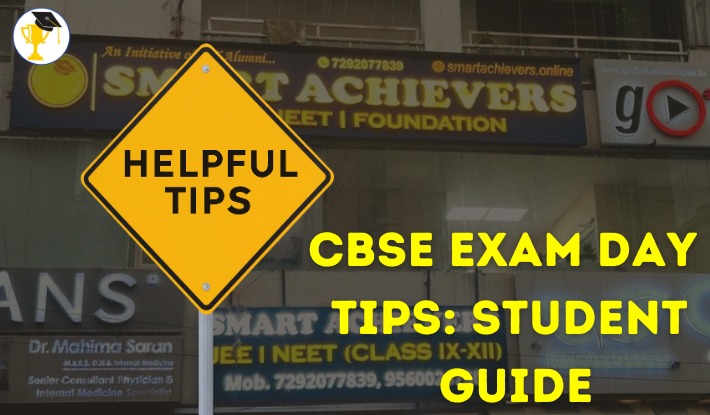
Tips for Effective Study:
Use the Pomodoro technique to study in short, focused intervals.
Balance your study schedule with breaks to maintain concentration.
Get enough sleep to boost memory retention and cognitive performance.
Avoid cramming; prioritize conceptual clarity over rote memorization.
Myth 3: Memorizing NCERT Textbooks Is Enough
Truth:
While NCERT books are essential, scoring well requires more than memorization. Applying concepts, solving questions, and practicing structured answers are equally important.
CBSE Exam Preparation Strategies:
Solve NCERT exemplar problems and additional exercises for thorough practice.
Use reference books for subjects like Mathematics and Science for extra practice.
Work on sample papers and mock tests to enhance application-based learning.
Practice writing well-structured answers to improve clarity and presentation.
Myth 4: Only Toppers Can Score Above 90%
Truth:
High scores are achievable by anyone with the right mindset, consistent effort, and smart preparation techniques.
Tips for CBSE Board Success:
Break your syllabus into manageable sections and set realistic goals.
Take regular mock tests to assess your performance and track progress.
Focus on weak areas and work consistently to improve them.
Stay positive, avoid comparing yourself to others, and maintain confidence in your abilities.
Myth 5: Board Exams Determine Your Entire Future
Truth:
CBSE board exams are important but don’t define your entire future. Success in life comes from a combination of hard work, skill development, and exploring diverse career paths.
How to Prepare for CBSE Board Exams in Class 11 for Success in Class 12 and Beyond Click Here
Guidance for Low CBSE Marks:
Focus on your effort rather than worrying about outcomes.
Research alternative career paths and consider skill-based learning opportunities.
Participate in extracurricular activities and learn new skills to broaden your options.
Myth 6: Handwriting Doesn’t Matter
Truth:
While content is key, neat handwriting leaves a good impression on the examiner and ensures clarity.
CBSE Exam Writing Tips:
Write neatly and legibly, avoiding overwriting or scribbles.
Use headings, bullet points, and underlining to organize your answers effectively.
Maintain proper spacing between lines for better readability.
Bonus Myth: You Can Skip Revision if You’ve Studied Well
Truth:
Even the best preparation can falter without revision. Regular revision is essential to retain information and reinforce concepts.
Revision Strategies for CBSE Exams:
Use flashcards for quick review of key concepts.
Create concise notes summarizing important topics.
What to Do If CBSE Results Are Low: A Guide for Students and Parents Click Here
Final Thoughts: Debunking CBSE Exam Myths for Success
Believing in myths about CBSE board exams can hinder your preparation and cause unnecessary stress. By focusing on facts, adopting smart preparation strategies, and staying consistent, you can achieve your academic goals. Whether it’s understanding the truth about CBSE exams, practicing effective time management, or creating a structured study plan, staying informed is the key to excelling.
Quick Recap: Tips for CBSE Exam Success
Focus on NCERT textbooks but supplement with additional resources.
Study in short, productive intervals rather than long, tiring sessions.
Prioritize revision and mock tests for better retention.
Maintain a positive mindset and avoid comparisons with peers.
Remember, your performance in exams doesn’t define your future—it’s just a stepping stone.
By debunking these common misconceptions, you can approach the CBSE board exams with confidence and clarity, ensuring the best possible outcomes.
 STUDY MATERIALS
STUDY MATERIALS
 COURSES
COURSES
 MORE
MORE

